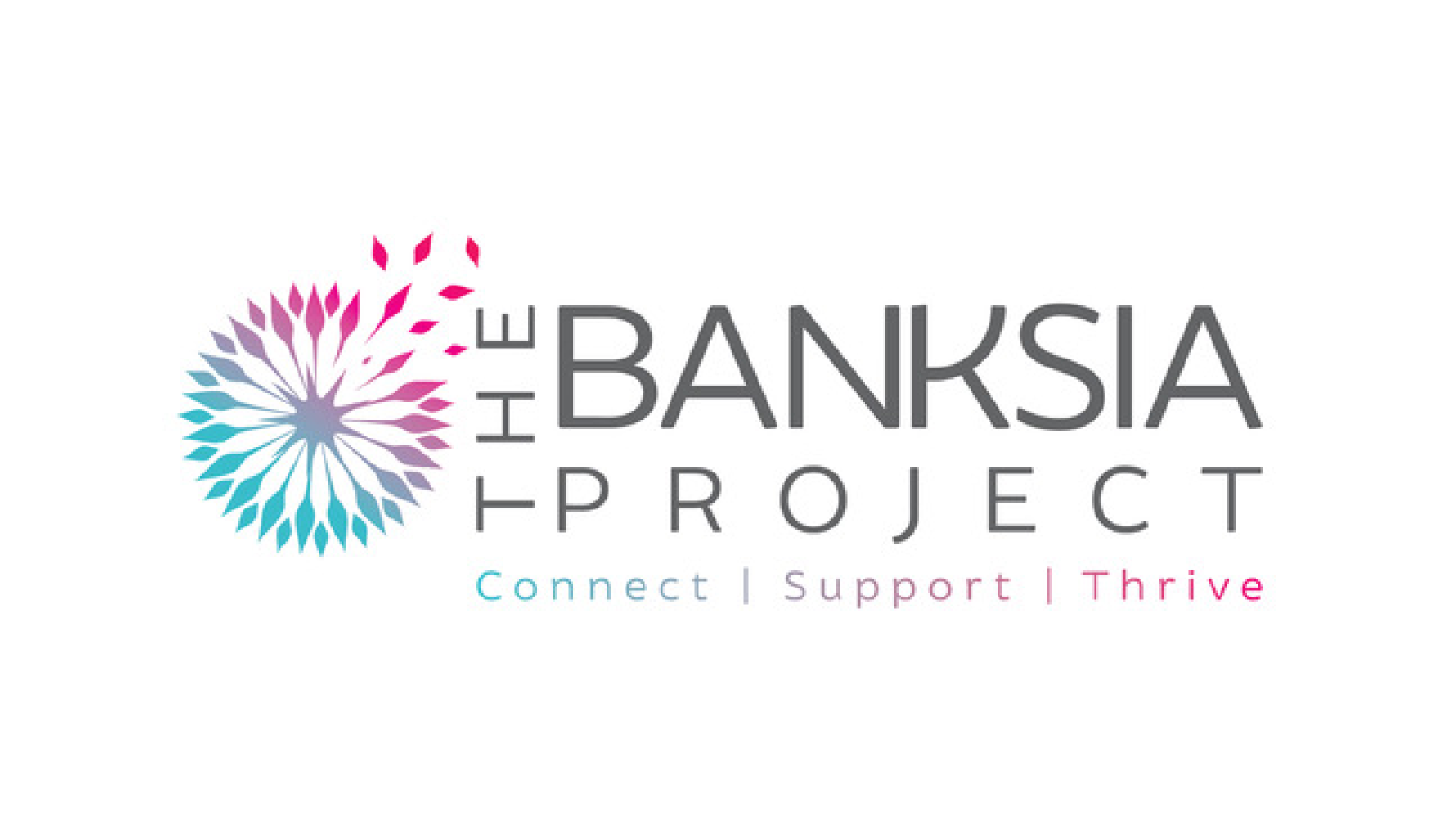IT’S A GLOBAL PHENOMENON, THE LIKES OF WHICH WE’VE NEVER SEEN FOR GENERATIONS. AND WHILE UNCERTAINTY IS OFTEN FOLLOWED BY ANXIETY AND STRESS, LEADING PSYCHOLOGISTS ADVISE HOW TO STAY CALM DURING SELF-ISOLATION.
As the world grapples with the coronavirus, health officials are urging all of us to self-isolate and stay home for an “indefinite” period of time. While news outlets and publications provide a constant stream of updates and escalating statistics, the uncertainty that now pervades our lives has seen supermarket shelves raided and offices abandoned as we come to terms with cutting ourselves off from society.
The world may be united in the fight to contain the virus, but with “self-isolation” and “social distancing” becoming buzzwords, it’s hard not to feel a growing sense of alienation. Aside from the hassles that come with trading the office for the home dining table, the cancellation of events and closures of stores and restaurants has removed all normality in terms of those outlets we once had to support our physical and mental health. And with many already feeling the immediate impact of the coronavirus on their employment and personal finances, anxiety about the months ahead is crippling, if not incredibly common. It’s the reason psychologists are calling this a period of “social recession,” suggesting that the physical and psychological effects caused by the pandemic can’t be underestimated.
Jack Jones, program director at The Banksia Project, a mental health organisation and not-for-profit dedicated to helping and supporting men towards mental wellness, says: “We are currently facing circumstances that we have never seen before. As a result of the disruption in our day-to-day lives, it is normal to feel uncomfortable. We are creatures of habit – we become efficient in routine so significant changes can cause serious anxiety. Throw into the mix that we have significantly reduced social interactions and it’s natural for people to feel stressed. We’re social beings by nature.”
Jones adds: “Reaching out to family, friends, community members and colleagues has never been more important. We may not be able to see each other physically, but we must maintain our social connection!”
While it is completely understandable – and normal – to feel helpless during this situation, there’s never been a more important time to protect your mental health. The news might paint a bleak picture, but as videos of bingo played across flats in Spain to Italy’s military jets painting a message of hope in the sky all illustrate, we are in this together. No one is immune to the virus, and no corner of the world untouched. Though we may be isolated in our own personal quarantine, we do so in solidarity. So, as we heed the advice of health professionals, here psychologists and mental health experts share their advice on how to promote healthy wellbeing and protect your mental health during this time.
Manage your exposure to media coverage
As Lifeline suggests, over-consumption of the media can increase your feelings of fear and anxiety. Be mindful of the sources of information used in articles as well as the tone of the publication. While it’s important to be informed about the best practices to minimise your risk of infection, ensure you are accessing good quality and accurate information.
Stuart Taylor, wellbeing and resilience expert and CEO of Springfox, calls it ‘headline stress disorder’ when someone becomes distressed by repeated exposure to out-of-the-ordinary news. He advises people to choose where they get their news, “and limit the headlines you’re exposed to, whether that’s through social media or regular media. It’s important to remember that while everyone has an opinion, not everyone is an expert. Limit your exposure to sensational social media posts or headlines, and go to trusted, official sources for the facts.”
Stick with a routine
For many, self-isolation means they are now working from home. But that doesn’t mean you have to let go of your whole routine. Create a daily routine that focuses on the things you enjoy and find meaningful. If you’re someone who never misses a workout, don’t let go of that – find workouts you can do at home, or follow a trainer on Instagram or online who offers live-streaming options.
As Jones suggests, “Make sure you rise at the same time every morning, make your bed and set up a desk at home (even if it’s makeshift) so your body and mind know there is work to be done. I find being in “work clothes” even gets you away from the lounge and that Netflix series you want to binge on so badly.”
He adds, “It is also valuable to spend some time understanding how we can look after ourselves. What do we enjoy doing? How can we adapt to our current circumstances and keep these things present. Have we been waiting for the chance to go on that trek? Or explore that new beach? Consider your social outings cancelled, now is the time to tick those things off!”
Prioritise self-care
According to Stuart Taylor and the Global Resilience Report, 35 per cent of professionals worry excessively in normal day-to-day proceedings, leading to a heightened risk of anxiety when times are particularly challenging. But as Taylor says, “At the same time, there is very poor investment in self-care – about 62 per cent of workers don’t get sufficient exercise or relaxation.”
Taylor recommends prioritising diet and sleep. “Staying mentally fit goes hand in hand with being physically healthy, which returns to maintaining an integral daily practice where you’re exercising, resting and eating well. It also involves having a strong self-awareness of your emotions and thoughts by practicing mindfulness.”
Find ways to stay connected
We may be in self-isolation, but that doesn’t mean we can’t connect. Checking in on others is important and hugely beneficial for fostering a sense of hope and connection during this time and thankfully, technology has never made it easier to do so.
Whether it’s a colleague or a friend, check in with them via message, FaceTime, Skype or call. You can get creative by setting daily challenges – e.g. every hour do ten push-ups to maintain that fitness – or something like a gratitude tree where you share the things you are grateful for. If your local community has a social media group, now is the time to join.
Use social media wisely
As The Banksia Project’s Jack Jones suggests, physical isolation doesn’t necessarily mean social isolation and if ever there was a good time to use technology to help foster a sense of connection, now is the time.
Jones suggests taking the time to call family and friends, but also advises that social media is a great tool to connect with others during this time and also maintain your core values and interests. “Post happy moments past and present on Instagram. Share some new music with friends on Spotify. Listen to trending podcasts,” says Jones.
“Spend time exploring and connecting with like-minded people. It may be a food blogger, social activist, gym junkie or gaming expert. Build connections with people all over the world who have similar interests to you.”
Make time for colleagues
With regard to working from home, it can be hard to maintain a sense of companionship with colleagues when you’re removed from sharing the same office space. As well as this, with our laptops and devices constantly in our hands and no work commute to break up the day, it can be hard to actually switch off from work and take a break for the things we normally would, like making time for the gym or preparing a meal.
Jones suggests using apps like Zoom and Skype for workplace collaboration. “Allocate a Monday morning meeting where there is time dedicated to up-dating co-workers on how you are going, how you are feeling and take time to listen to their responses. Maintaining social interaction may really improve morale for everyone,” he says.
Make use of online tools and help-lines
There are a number of help-lines, online tools, and resources available for those seeking help while navigating this difficult time. ReachOut is an online resource where you can help manage your mental health and wellbeing, while other organisations like Batyr, Lifeline and Beyond Blue also provide support.
The Banksia Project also offers mental health assistance for men, hosting face-to-face Growth Room sessions which are safe spaces for guys to come together, share their stories and learn practical skills for navigating life’s challenges. These Growth Rooms are currently being run by phone, video conference and online.
If you are feeling anxious or concerned about the outbreak of Covid-19, there are resources to support you. Please visit cdc.gov/coronavirus for help in managing stress and anxiety during this challenging time.

